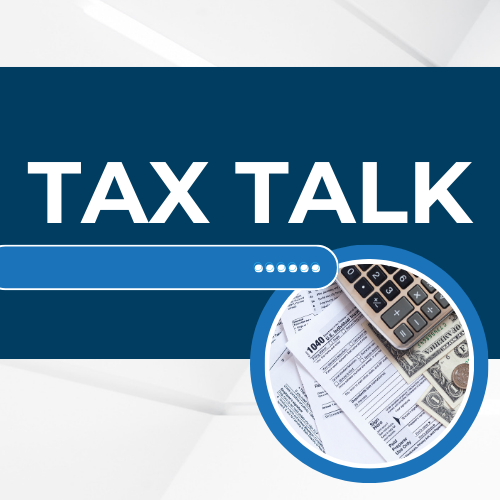Sending 1099 Forms to Independent Contractors
Sending 1099 Forms to Independent Contractors

Form 1099-NEC is used to report non-employee compensation. In this blog post, we will delve into the requirements for small businesses to send 1099-NEC forms and ensure compliance with tax regulations.
The 1099-NEC form is designed to report payments made to independent contractors, freelancers, or service providers who are not considered employees. Businesses are required to file a 1099-NEC form for each individual or business entity to whom they have paid $600 or more in non-employee compensation during the tax year.
Key Requirements for Small Businesses:
Non-Employee Compensation Exceeding $600:
Small businesses must issue a 1099-NEC form to any individual or business entity that received $600 or more in non-employee compensation during the tax year. Non-employee compensation includes fees for services, such as consulting fees, freelance work, or contract labor.
Types of Payments Covered:
The 1099-NEC form is specifically for reporting payments related to services provided by non-employees. It does not apply to payments for goods, rent, or other types of income. Small businesses should use other forms, such as 1099-MISC or 1099-K, to report different types of payments.
Business Structure:
The requirement to file 1099-NEC forms applies to businesses of all structures – sole proprietorships, partnerships, LLCs, corporations, and others. Whether the small business is a startup, an established company, or a one-person operation, compliance with the 1099-NEC filing requirement is essential.
Requesting W-9 Forms:
To accurately complete the 1099-NEC form, small businesses should request a completed W-9 form from each non-employee service provider. The W-9 provides the necessary information, including the recipient's name, address, and taxpayer identification number (TIN), which is crucial for accurate reporting.
Filing Deadline:
Small businesses must ensure they meet the filing deadline for 1099-NEC forms. The forms must be provided to recipients by January 31st, and copies must be submitted to the IRS by the last day of February if filing on paper, or by the last day of March if filing electronically.
Penalties for Non-Compliance:
Failure to file 1099-NEC forms or filing inaccurate information can result in penalties. Small businesses should be aware of the potential financial consequences and strive to meet all requirements to avoid unnecessary complications.
Navigating the 1099-NEC landscape can be challenging for small businesses, but understanding the requirements is crucial for compliance with tax regulations. By staying informed about who needs to receive a 1099-NEC form, the types of payments covered, and the filing deadlines, small businesses can streamline their tax reporting processes and avoid potential penalties. Seeking professional advice or using reputable accounting software can further assist in ensuring accurate and timely filing, allowing small businesses to focus on their core operations rather than getting entangled in tax complexities.















